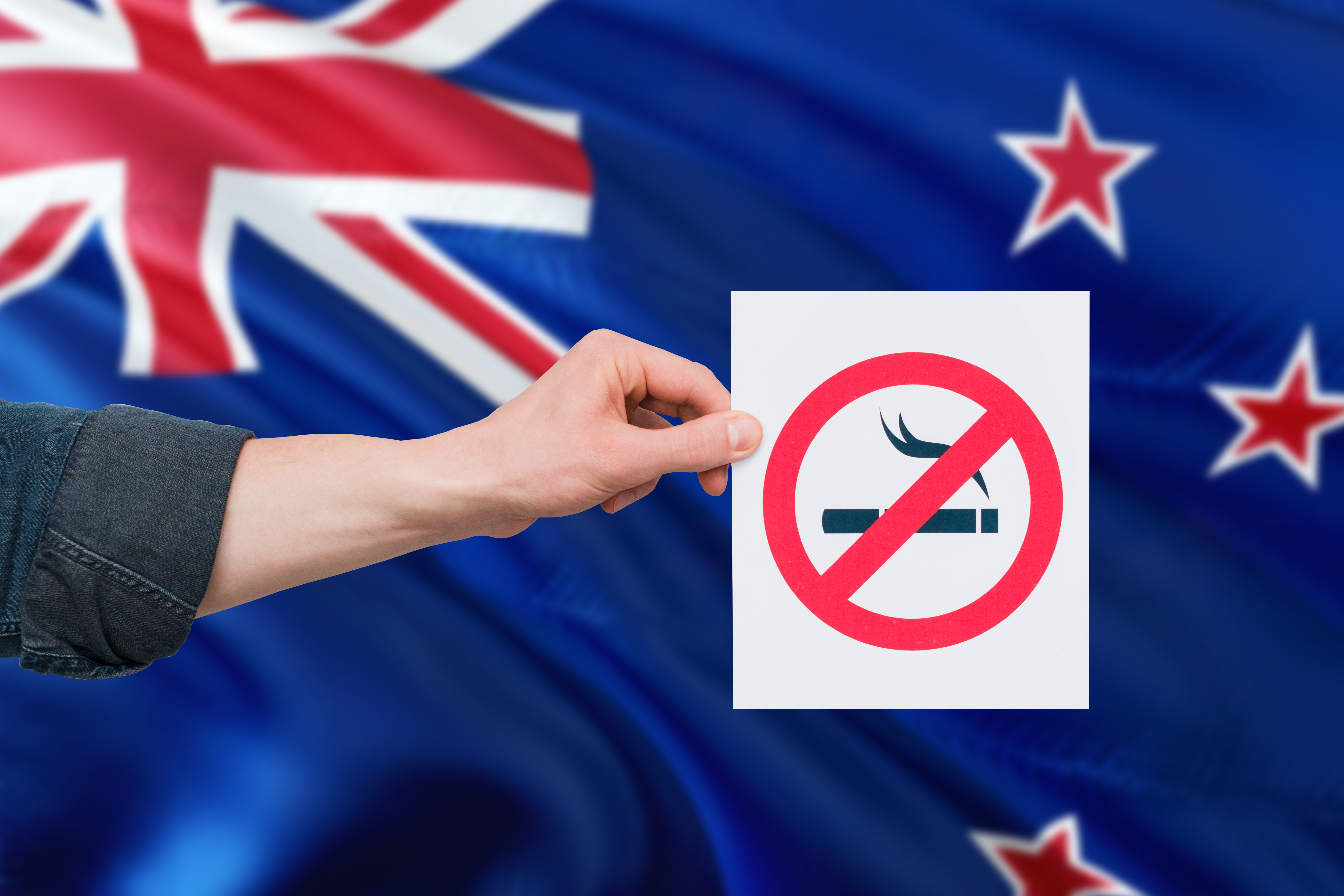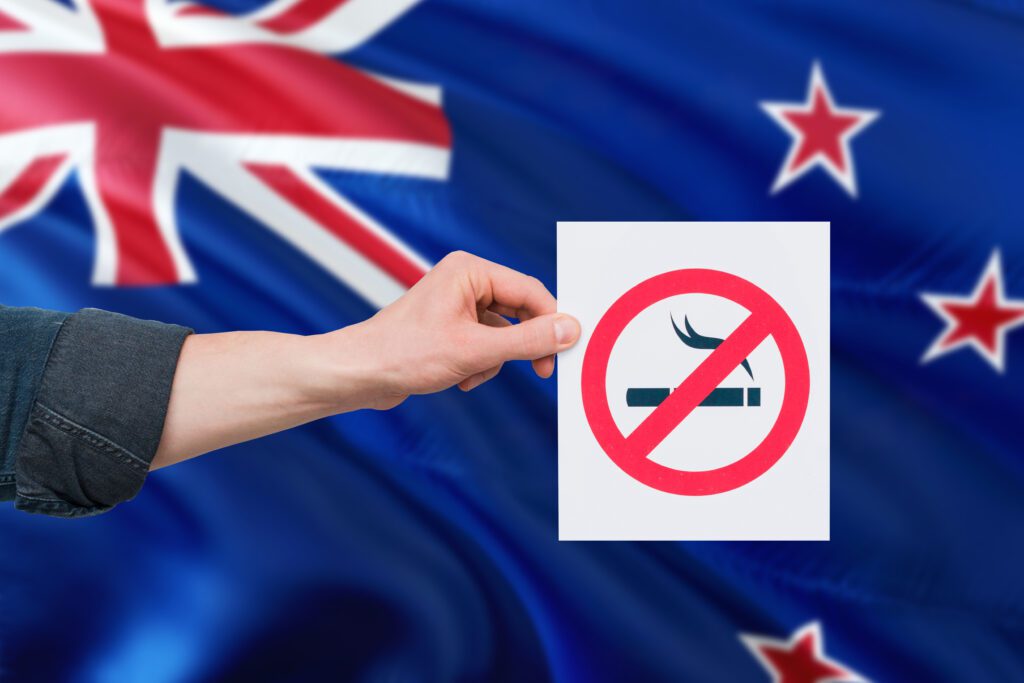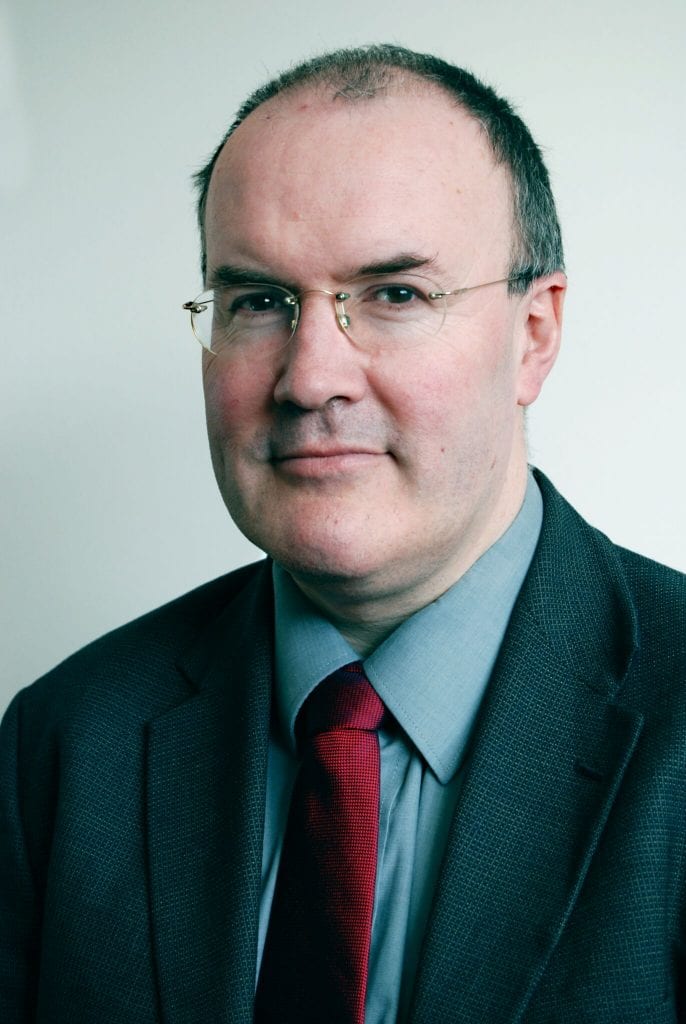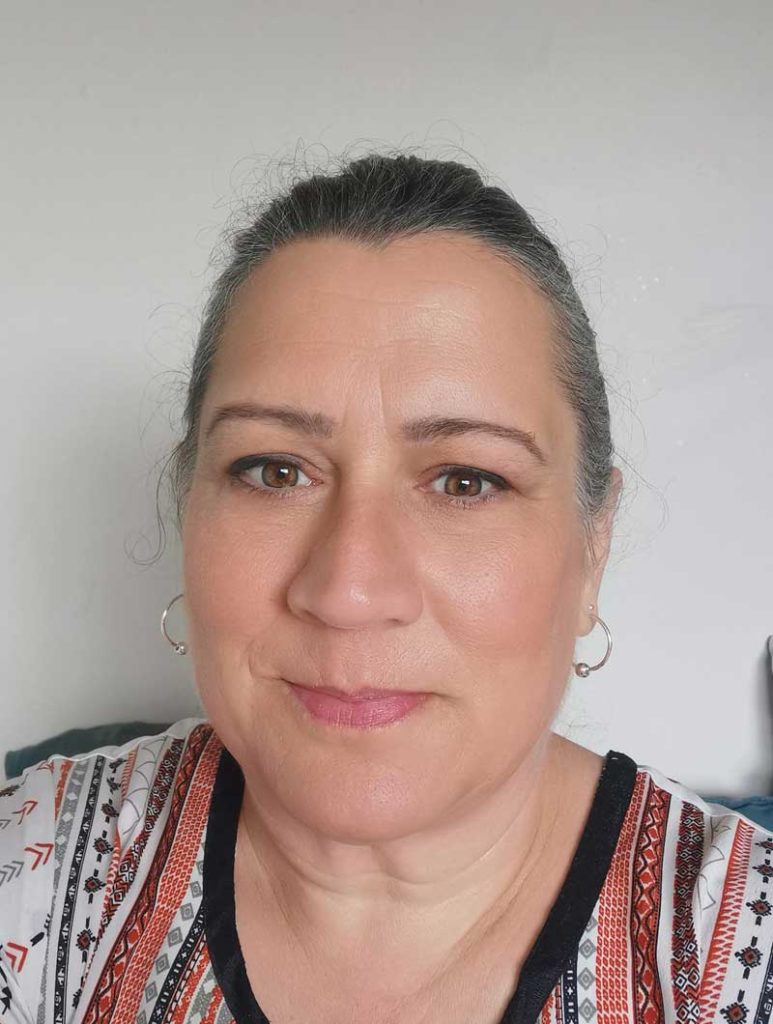New Zealand to Phase Out Cigarette Sales
- Featured Markets News This Week
- December 9, 2021
- 0
- 1
- 6 minutes read

New Zealand health concept. Hand holding paper with no smoking sign over national waving flag. Quit smoke theme.

New Zealand unveiled a plan on Dec. 8 to phase out smoking by gradually raising the smoking age until it covers the entire population. The proposed legislation is expected to become law next year and health activists are hoping it will inspire other countries to follow suit.
Starting in 2023, anyone under age 15 would be barred for life from buying cigarettes under the new rules. This would mean, for example, that in 2050, people under the age of 42 would not be able to buy tobacco products.
“We want to make sure young people never start smoking, so we will make it an offense to sell or supply smoked tobacco products to new cohorts of youth,” Ayesha Verrall, the country’s associate health minister, said in Parliament on Thursday. “People aged 14 when the law comes into effect will never be able to legally purchase tobacco.”
The legislation was among several proposals, including a reduced nicotine mandate, announced on Thursday that aim to reduce smoking levels in New Zealand across all ethnic groups, below 5 percent by 2025. Currently the rate is just under 10 percent. Since announcing this target in 2011, New Zealand has steadily raised the price of cigarettes to among the highest in the world. A pack in New Zealand costs about NZD30 ($20.35), second only to Australia.

This is prohibition in all but name, and prohibition very rarely works.
Smokers’ rights campaigners described New Zealand’s plans as “absurd” and “illiberal.”
“This is prohibition in all but name and prohibition very rarely works,” said Simon Clark, director of the smokers’ group Forest.
“If tobacco is made illegal to people born after 2008 it won’t stop younger generations smoking. The sale of tobacco will simply be driven underground, and consumers will buy tobacco on the unregulated black market. The impact of this policy will hit nonsmokers as well because the government will have to replace lost revenue by taxing something else,” said Clark.
While unveiling its proposal, the government acknowledged the possible effects on the black market, which currently makes up at least 10 percent of tobacco sales in the country.
Robert Beaglehole, a professor emeritus of medicine at the University of Auckland, suggested the problem was manageable. “We can deal with it, if we only scanned every container coming into the country, which we don’t,” he said.
Fear of smuggling and concern about civil liberties have prevented other countries from banning tobacco sales. In 2010, Bhutan prohibited the sale of tobacco products, only to suspend the restrictions last year amid worries that cigarette traffickers would bring in the coronavirus.

It’s a shame our vaping regulations are not proportionate to the lack of risk, compared to combustible tobacco.
While welcoming New Zealand’s action against smoking, tobacco harm reduction advocates said were disappointed the plan ignored the role of vapor products as a tool to help smokers quit cigarettes.
“Vaping has been key to reducing our national smoking rate,”said Nancy Loucas, co-founder of the Aotearoa Vapers Community Advocacy (AVCA). “Encouraging more smokers to switch to much safer and less expensive nicotine alternatives is critical to achieving smokefree. Sadly, on that score, the just-released Smokefree Aotearoa 2025 Action Plan fails to acknowledge this fact.”
According to Loucas, New Zealand has made it harder for adults to access vaping products in recent months.
“It makes total sense to reduce the availability of tobacco products, but it made no sense to reduce the availability of vaping products which are 95 percent less harmful. However, that’s what has happened since 11 August, with general retailers now only permitted to sell three vaping flavors,” she said.
“There needs to be more promotion and resourcing for vaping as the reduced risk alternative to smoking. The smokefree action plan should have signaled that the government’s will review recent vaping regulations to ensure they’re fit-for-purpose and future-proofed,” she said.
Loucas lamented that New Zealand’s vaping regulations and smokefree action plan have been done in silos when the two are in fact intrinsically linked and should dovetail towards the same end goal.
“Congratulations to the government on giving smokefree a big push,” she said. “It’s a shame our vaping regulations are not proportionate to the lack of risk, compared to combustible tobacco, and are not utilized to further assist the country’s Smokefree 2025 goal.”
